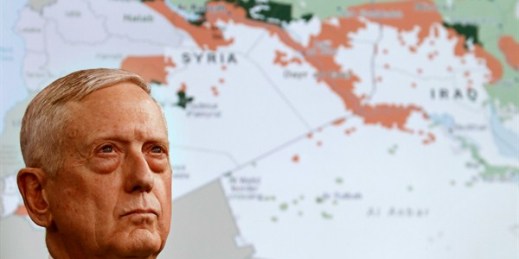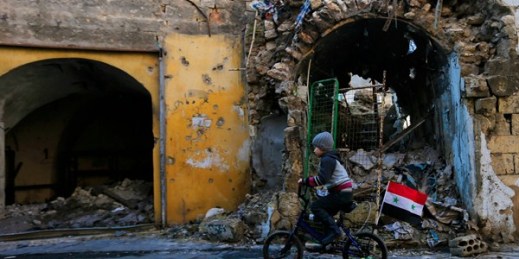
Iraq has the potential to help bridge current regional divides in the Arab world and establish a functional model of equilibrium, which is why it should remain central to U.S. Middle East policy. As it approaches parliamentary elections next month, Iraq is not poised for either a major political transformation or massive security improvements. Instead, as a U.S. official who has worked on Iraq for many years has often noted to me, “Iraq is like a cancer patient, but a patient that we have some idea how to treat.” Despite that prognosis, the country should still be at the center […]

